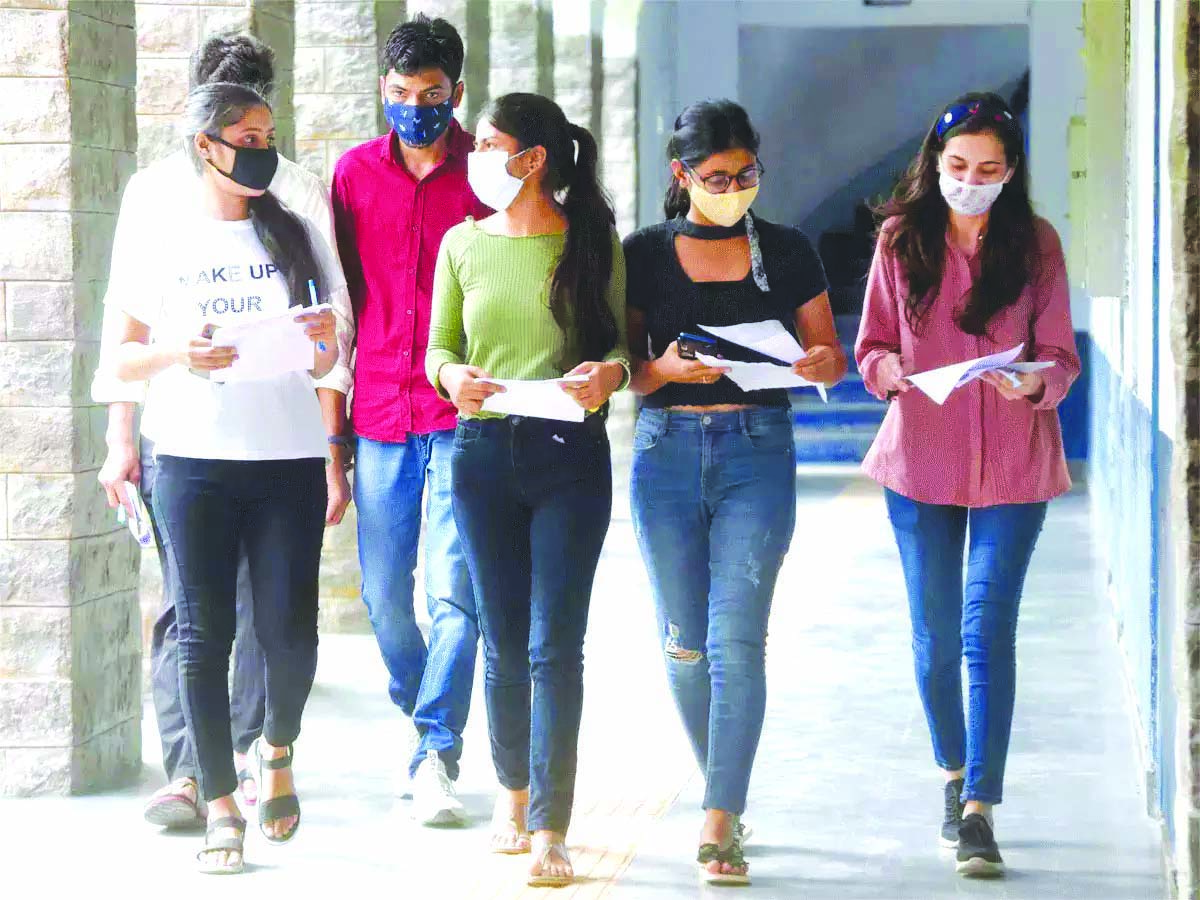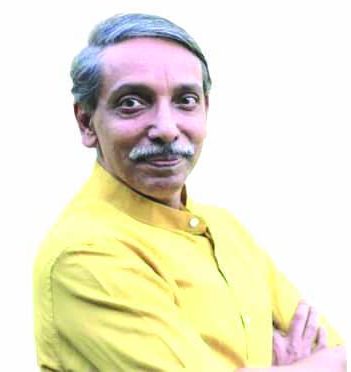-Autar Nehru (Delhi)

A long-standing demand of serious scholars intent upon acquiring multidisciplinary qualifications and skills has finally been conceded. On April 13, the University Grants Commission (UGC), the apex-level regulator of Indian higher education, issued a circular to universities permitting pursuance of two degrees simultaneously in undergraduate as well as postgraduate education (barring Ph D) by students from this academic year. Simultaneously, the commission released a set of guidelines for universities to follow while implementing this major “technical reform” that has been in the works for several years.
Under previous UGC guidelines, a scholar couldn’t sign up for two degree programmes simultaneously. A degree programme could only be supplemented by a ODL (open and distance learning)/online diploma programme delivered by higher education institutions (HEIs) recognised by UGC, and specifically authorised to provide remote learning programmes.
According to some educators, too-early streaming of students into arts, science and commerce disciplines in class XI was one of the big mistakes of Indian education. This aberration was corrected by the Kasturirangan Committee (2018), which recommended four-year degree programmes with the first two years dedicated to the study of liberal arts subjects. Greenlighting dual degrees is a further step in that direction.
“As announced in the new NEP 2020 and in order to allow students to acquire multiple skills, UGC is allowing a candidate to pursue two-degree programmes in physical mode simultaneously. The idea is to provide as much flexibility as possible to students. These guidelines are part of NEP 2020 and are aimed to customise and personalise education, even allow multidisciplinary education across various domains. It is a great opportunity for students to expand their skills,” Prof. M. Jagadesh Kumar, UGC chairman, told a press conference.
Permitting higher ed students to pursue two-degree programmes — quite common in the US — makes sense inasmuch as it provides for a student to drop out of one programme at any stage if she becomes disenchanted with it. Even so, she will acquire credits if she completes one or more years. Acquiring credits — certificates and diplomas — without completion of a full degree programme is endorsed by NEP 2020 which provides for multiple entry and exit options. Self-evidently, a dual degree student will be better rounded and has more time to decide which degree programme is more suitable. And students awarded two degrees have a career fallback option.
Hitherto, undergrads signed up for additional part-time or online professional courses to improve their employability. But formal regulatory approval for acquiring dual degree qualifications is a better option even though pursuing two degree programmes simultaneously is certain to test students’ commitment and stamina. Prof. Dr. Rama (only one name), principal of Hansraj College, Delhi, believes that the number of undergrads who will sign up for dual degree programmes is likely to be small. “There won’t be many takers as attending classes, learning and keeping ahead of homework, studying for tests, and getting high grades requires extraordinary will power and stamina,” she says.
Although UGC’s green light for two degrees over four years of on-campus (physical mode) study has been generally welcomed for providing students inter and multidisciplinary study options, some academics warn against students falling between two stools and graduating with insufficient depth in both disciplines. “While a double major four-year degree programme is well-accepted, students graduating with two degrees in different streams within four years is not a good idea because of the danger of insufficient depth. UGC would be well-advised to mandate five years for the award of dual degree honours programmes,” says Dr. A.K. Shiva Kumar, an alum of Delhi and Harvard universities and visiting economics professor at Ashoka and Harvard universities.























